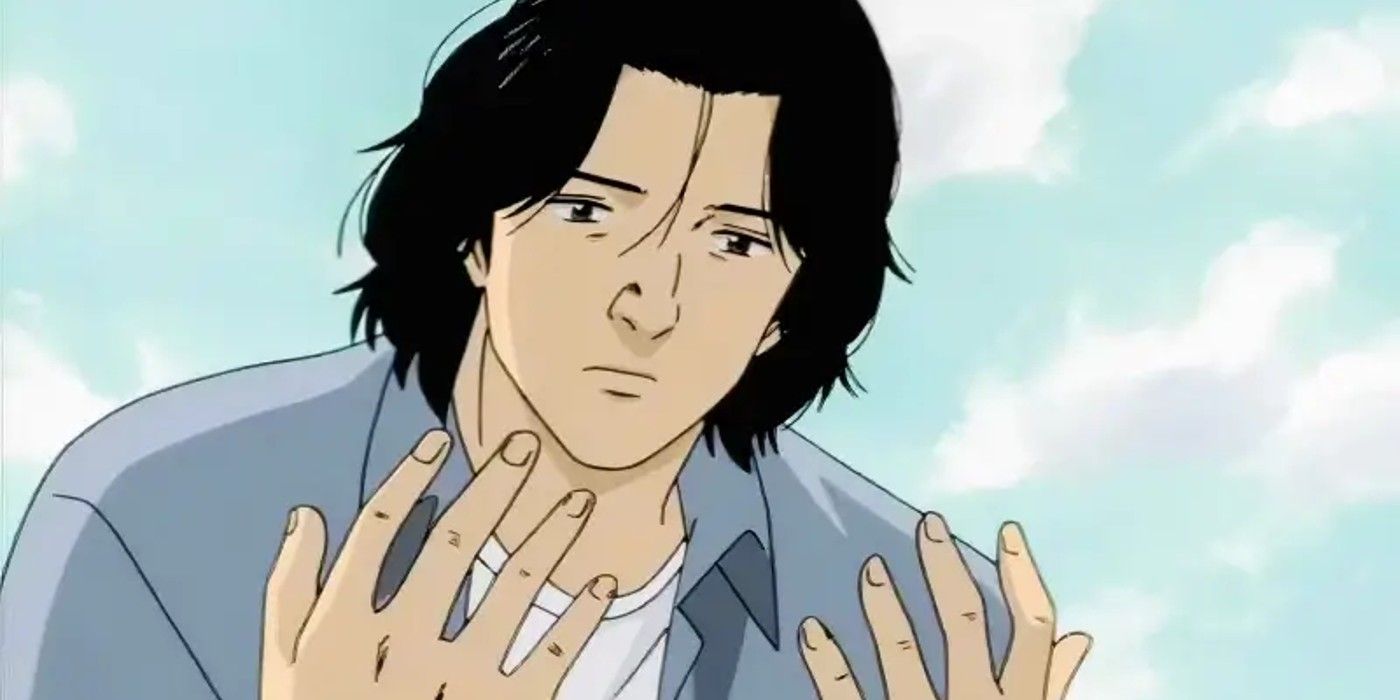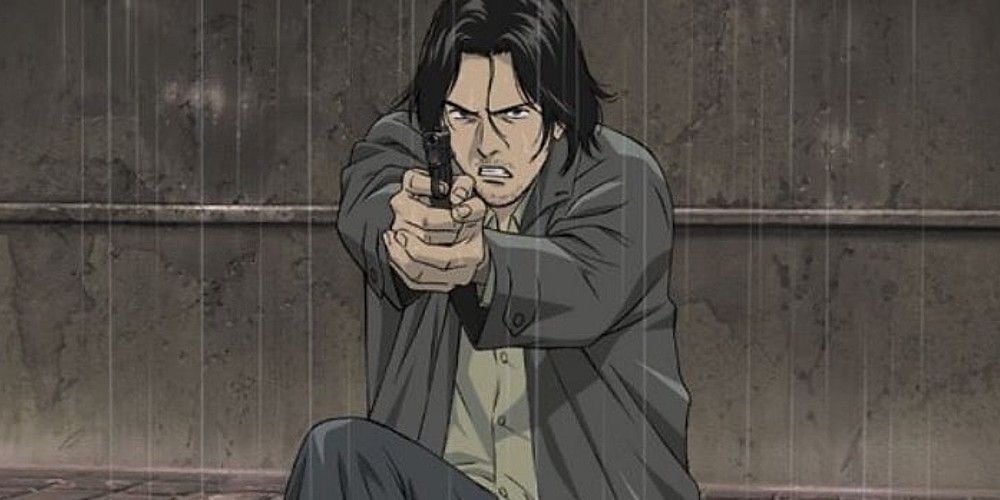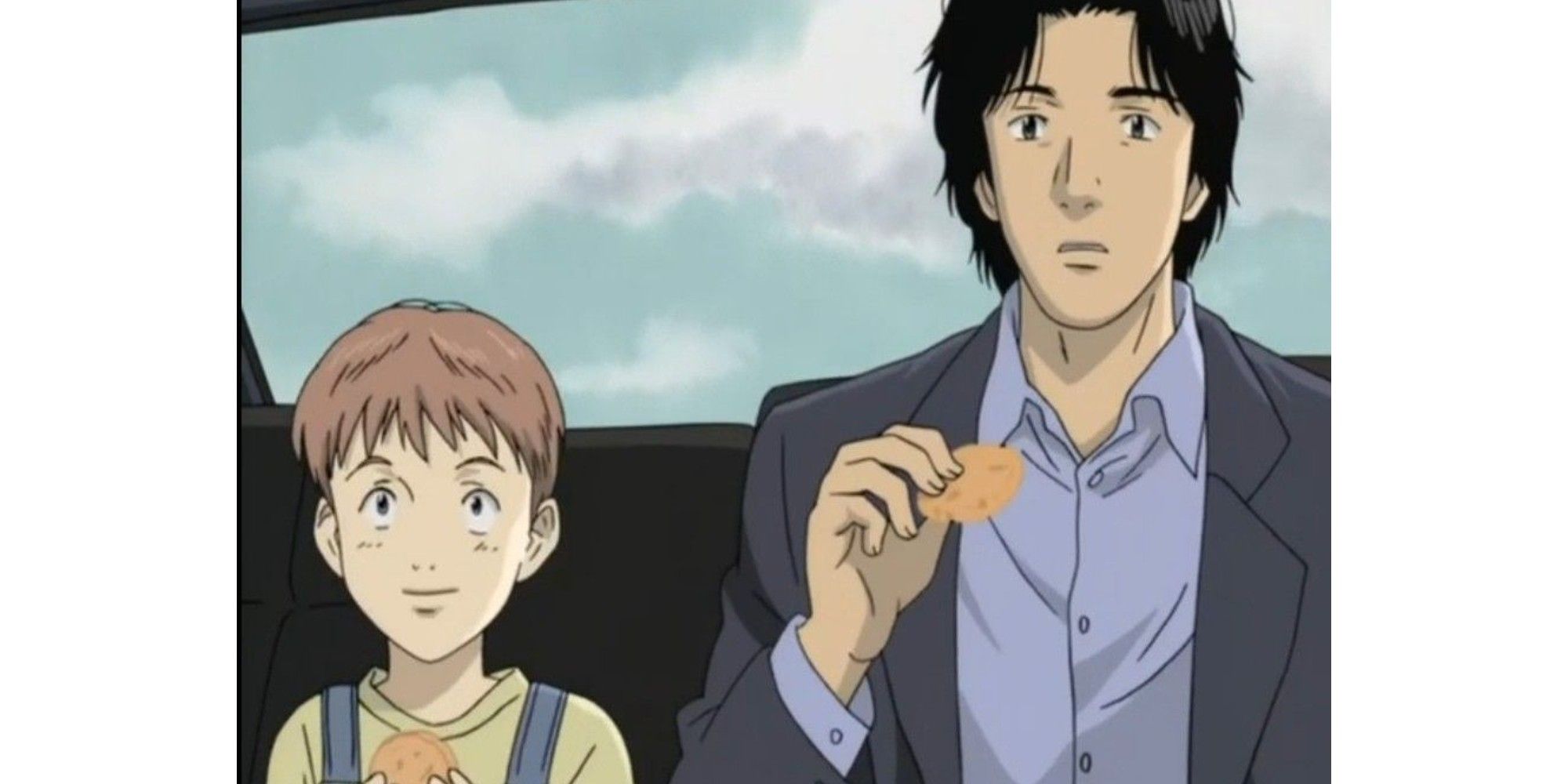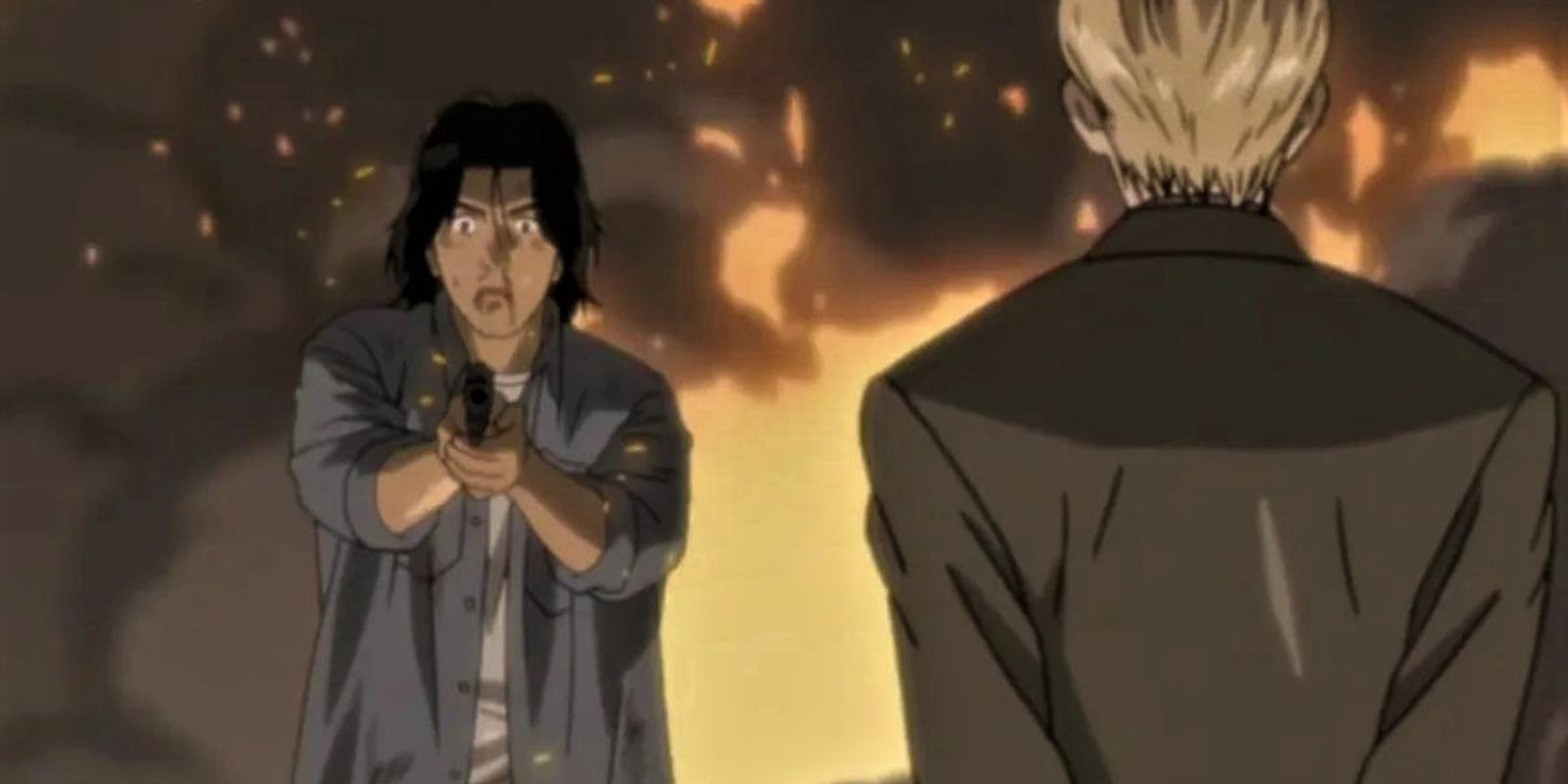Naoki Urasawa is well known for his influence in the manga industry, with one of his most famous series being Monster. Monster follows Dr. Kenzo Tenma, a neurosurgeon who’s well-renowned for his impecable work. His life is perfect, until he realizes a young boy he saved many years prior is committing heinous murders.
Monster expertly explores the value of human life and what gives a person’s life meaning. Urasawa does this through the eyes of the protagonist, Tenma. Here’s why Tenma’s guilt for saving Johan makes Monster one of Urasawa’s most notable works.
Tenma’s Guilt is One of the Driving Forces in Monster
The viewer learns right away that Tenma is a good doctor and that his patients adore him immensely. Within the first two episodes, even though his life is slowly spiraling into chaos, it’s very obvious Tenma is good at what he does, and he enjoys doing it -- often overworking himself because his job is all he has. He also has a strong sense of justice, deciding to perform surgery on a young boy named Johan instead of an important public official like the hospital director ordered. Saving Johan leads Tenma to new heights in his career, but his life starts becoming more hectic, much the same as it did before he saved Johan. When he inevitably learns Johan is killing people, Tenma’s life takes a turn for the worst.
After realizing he’s responsible for bringing a “monster” back to life, Tenma is racked with immense guilt. The guilt Tenma feels is one of the main themes shown throughout the series, and it acts as his driving force while he ventures to destroy the person he worked so hard to save. Tenma’s guilt makes him very willing to help others. His guilt is also one of the main reasons he doesn’t want to get others involved in the mess he thinks he created, and he struggles to try and save as many people as he can.
Tenma Is Always Willing to Help Others
Tenma doesn’t help others solely out of guilt; Tenma always helps other people throughout the story, even if he doesn’t want to, or it will put him in grave danger. He also helps many people – it doesn’t matter to him if they are “good” or “bad”.
At the end of Monster, Episode 50, “The Rose Mansion”, while Tenma is walking down the street, a child trips and falls, scraping his leg. At first, Tenma passes the boy, not giving him a second glance. However, a few moments later, he turns back and appears beside the boy, with medical supplies in hand. He cleans the boy’s wound and encourages him. Shortly after, Tenma is surrounded by Prague police officers and is arrested on the spot. If Tenma hadn’t stopped to help the injured boy, he likely wouldn’t have been arrested until much later, if at all.
This isn’t the first time Tenma has helped someone he is just happening to pass by. One of the most important people to Tenma is a young boy named Dieter, whom he meets by chance because he also injures himself. Unlike the second time with the unnamed boy, Tenma doesn’t get arrested by helping Dieter. Fortunately, both these scenes showcase Tenma’s immense sense of kindness and good nature. He is always willing to help others, even if it could cost him his life.
Tenma’s Selflessness Could Be His Downfall
Tenma’s selflessness is one of his most prominent traits. It is also one of his biggest flaws, as it could lead him into danger or his downfall. In Episode 52, titled “Lawyer”, Tenma has been thrown into a prison in Prague. Soon after his arrival, Fritz Vardemann, a lawyer who is well-known for proving people's innocence, agrees to take Tenma’s case. Vardemann interviews Tenma, asking him what happened the night his former patient, Adolf Junkers, died. Tenma tells him about saving Johan a decade prior, and how Johan was the one who killed Junkers. Tenma insistently states his story is the truth, and he will tell no other version. Afterward, Vardemann remarks that Tenma has no interest in proving himself innocent, he only wants to prove that “Johan” exists.
Since Tenma only responds to this by agreeing with Vardemann, the viewer can truly assume this is correct. There is little room for argument, Tenma’s actions are, unintentionally, self-destructive, further proving his selflessness -- his willingness to save others -- will likely get him killed.
A similar situation happens to another character, Prague police detective, Jan Suk. After the death of his superior, Suk is under investigation for supposedly having ties to the Prague secret police, and then he is framed for the murder of the two detectives -- one he clearly did not commit. After the murders, Suk is injured and sent to the hospital, where he is bedridden for an unknown amount of time. Once Suk leaves the hospital, he seeks to prove his innocence. His circumstances slightly mirror Tenma’s -- except Suk shows more willingness to prove his own innocence rather than the apathy Tenma feels toward his own situation.
Tenma’s selfless personality is a large part of who he is as a character. While this trait is often seen as a “positive” trait, it is a huge flaw for Tenma, as it makes him a little self-destructive -- he cares more about saving other people than proving his own innocence. Tenma also doesn’t want to involve more people than necessary in his situation. He wants to save lives, not take them. So, he feels immense guilt for saving Johan. Tenma’s guilt is one of the main driving forces behind Monster, making Tenma a compelling protagonist and the series one of Urasawa’s most notable works.




